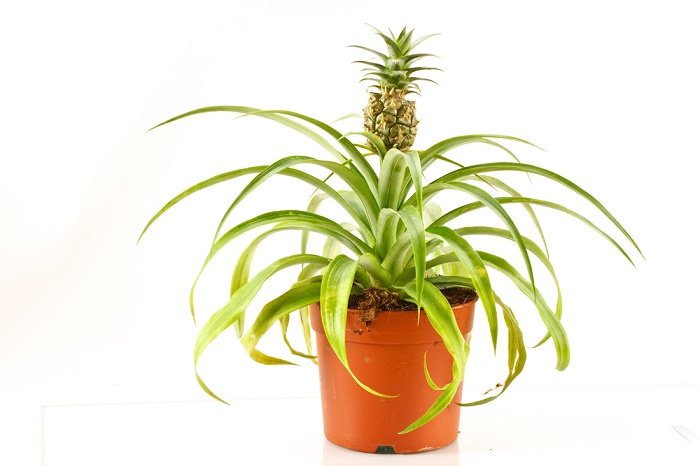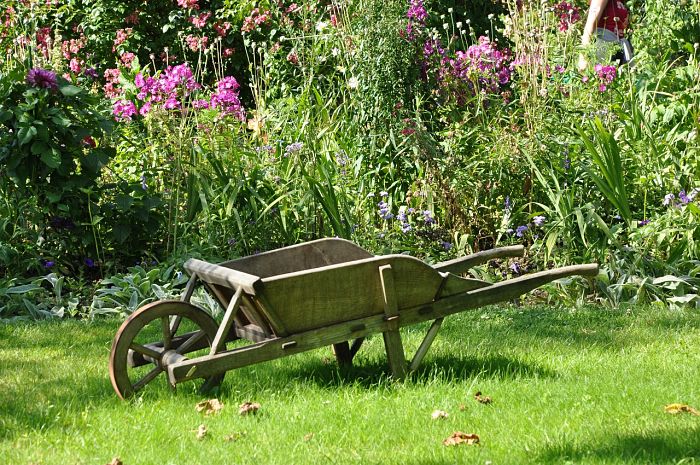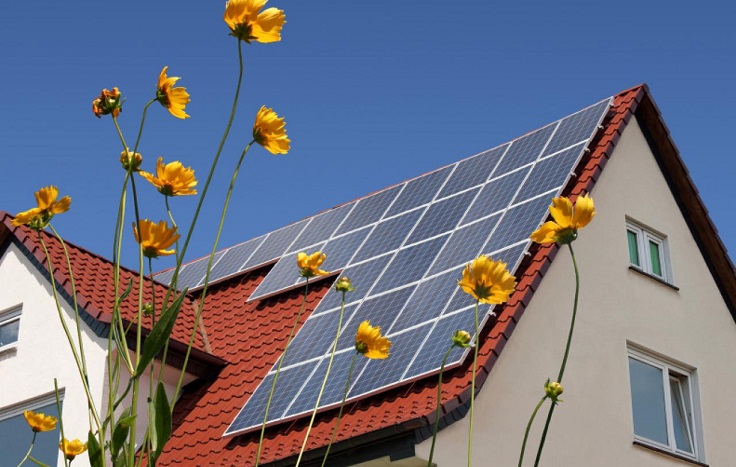Being great in benefits, citrus fruits become an essential food, such is the case of lemon, which is one of the fruits that you should consume daily for the health benefits it offers. The citrus fruits are full of vitamins, potassium, calcium, phosphorus, magnesium and many more nutrients offer a huge list of benefits that can complement the rest of our diet. Growing a lemon tree in our home is an excellent idea, since having this fruit at our fingertips gives us the opportunity to enjoy its benefits on a daily basis.

Certain citrus fruits are easier to grow than others, and luckily, two of the best can be grown right in your yard. For example, you can grow a lemon tree from seed, which when growing on your own, you can taste the difference in freshness and quality, and keep your body free of any chemical contamination associated with non-organic growth.
And while rooting from cuttings is a reasonable option for quick fruit, lemon tree cuttings are not readily available in many parts of the world. But lemons are another story. And while it may take 3-6 years for your tree to be able to produce fruit, there is something additional rewarding about starting from seed.
Grow a lemon tree from seed.
Consider having a lemon tree in your home. Growing a lemon tree from seed becomes a therapeutic task, and watching it grow day by day is a wonderful experience. Also, as we mentioned before, lemons, being a super food, should never be missing in the kitchen. What better if they come from your own harvest at home.
Here’s a step-by-step guide to growing your own lemon tree from seed.
1 . You need an organic lemon to take its seeds.
Make sure to buy an organic lemon as some non-organic lemon seeds may be unable to germinate. Any organic lemon will do it, but if you have climate or space restrictions, you may want to look for a specific variety called “Meyer” lemon. Meyer lemons are a smaller type of lemon, often grown for ornamental purposes, so they are better suited for indoor pots. But any seed that suits your situation can be used.
2 . Potting soil.
Any potting soil can do this, but it is suggested to use one with a mixture of peat, perlite, vermiculite, and organic fertilizer.
3 . Container / flowerpot.
A container (with holes for drainage) that is 5-6 inches deep and a few inches in diameter will suffice for germination, however the seedling will need to be re-planted in a much larger container. Ripe lemon trees prefer a container that is wider rather than deeper, so it is suggested that you plant your seedling in a pot that is 10 to 16 inches deep and 12 to 18 inches in diameter. Your baby tree will be happy to be home made in this larger container for years to come, at which point you may want to update again.
4 . Growing light or a lot of sunshine.
Lemon trees need a lot of light, especially when they are sprouting and require 10-14 hours each day. If you don’t have a generally sunny window, get a grow light. They don’t cost a lot and will prove their worth on the healthy green foliage.
Lemon seed germination method:
1 . Pre-moisten the potting soil.
Put some soil in a bucket and mix in a little water until the soil is all moistened.
2 . Fill the container with the pre-moistened soil.
Leave about an inch of space below the edge of your container.
3 . Split your lemon and choose a seed that looks completely full of life.
Put it in your mouth and suck it until all the meat is removed and the lemon flavor is gone. Don’t allow the seed to dry out at any time. It has to stay moist to germinate. It is suggested to keep in the mouth until ready to plant.
4 . Plant your seed.
While it’s wet, plant your seed about 1/2 ”below the top soil level. Cover completely with soil and add water very well with a spray bottle or water gently.
5 . Cover the container with breathable plastic to keep your seeds warm and moist.
Use a piece of clear garbage bag with holes and a rubber band to hold it firmly in place.
6. Place the container in a warm place and watch for the next few days.
Keep in mind: your seed needs heat and moisture to germinate. Don’t let the potting soil dry out completely. Also take the precaution of not cooking the germination in your small greenhouse. Excess heat and humidity can cause the seed to rot. You’re aiming for a good balance, so if you feel like the ground is warm enough without the plastic, then it’s probably safer to remove it.
7. In about two weeks you may see a sprout emerging from the ground.
Once appears, remove the plastic (if it is set) and put the little guy in a warm place, lots of direct solar light. Supplement the sun with grow light, if necessary.
8. Take care of your new baby and watch him grow, provide him with:
Water.
Make sure the soil is moist at all times, especially when the lemon tree is young. Don’t let it sit in a puddle of standing water, though, the drainage holes are there for good reason.
Sunlight.
Place it in a warm sunny window where it will get eight hours of direct sunlight each day, or supplement some sunshine with a grow light. Place your sprouts in a well-lit window under the warm rays of a growing light for 12 hours each day.
Food.
In order to keep your lemon tree healthy and growing, the soil will eventually need to be replenished with nutrients. It is suggested to feed it with an organic compost, such as compost or worm castings, once a small set of leaves has developed. Dig a little trench around the base of the tree, fill it with compost and well water. Or, give him a compost tea. Try to feed twice a year or as needed, but don’t overfeed. When it comes to fertilizing, less is better, so when in doubt, put it out longer. (Another option is to start your seed in potting soil with worm castings or worm castings mixed into it.)
Love.
Spend some time with your new citrus friend. Pay attention to their growth. Feel it, talk to it, sing to it, but don’t try to dance with it. Get in the habit of looking for brown leaves and checking the underside with leaves for pests. Like us, our plants can be victims of insects and diseases and can sometimes require a little extra love and affection.








